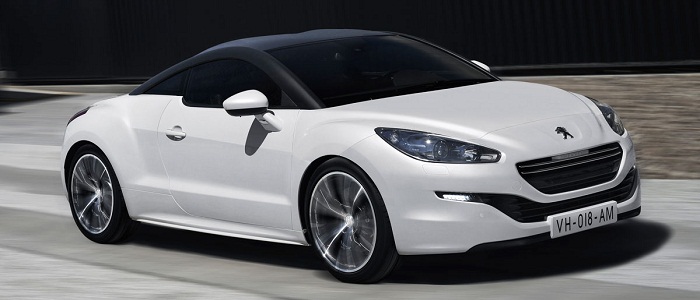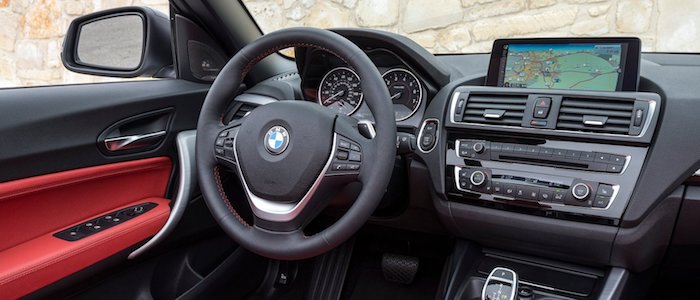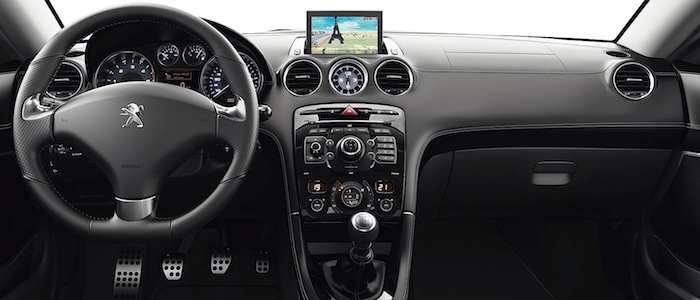Compare two cars
Compare any two cars and get our Virtual Adviser™ opinion
Marketing
Dimensons & Outlines
Engine
1.6 Prince EP6CDTR
Performance (manual gearbox)
Performance (automatic gearbox)
Expenses
Virtual Adviser's™ opinion
Two significantly similar cars, no doubt about that. Still, each one has something different to offer. Having both cars powered by petrol engines and utilizing the 2-door coupe body style within the same 'Sports car' segment, the only major difference here really is their wheel drive configuration (4 x 4 for the BMW and front in the case of the Peugeot). The first one has a BMW-engineered powertrain under the hood, a 6-cylinder, 24-valves 326hp unit, while the other one gets its power and torque from a 4-cylinder, 16-valves 270hp engine designed by Peugeot.
SafetyUnfortunatelly, neither of the two vehicles was submitted to the European New Car Assessment Programme (Euro NCAP) testing. This makes it virtually impossible for me to pick one over the other and I'm generally against buying such cars as the safety should really always come first. That aside, let's consider some other aspects which affect safety. Both vehicles belong to the sports car segment, which is generally classifying them somewhere in the middle safety-wise, still it doesn't help us solve our dilemma, does it? Furthermore, taking kerb weight as an important factor into account, the German car offers a considerable difference of 17% more metal.
ReliabilityManufacturers have been building their reliability reputation for decades now and, generally speaking, it appears that Peugeot as a brand displays somewhat better results, all the models observed together. These are the official statistics, while our visitors describe reliability of BMW with an average rating of 4.2, and models under the Peugeot badge with 4.3 out of 5. The same official information place 2 Series Coupe as average reliability-wise, and RCZ is more or less at the same level.That apart, owners of different cars powered by the same engine as the German car rank it on average as 3.0, while the one under the competitor's bonnet gets 4.5 out of 5.
Performance & Fuel economyBMW is undoubtly more agile, reaching 100km/h in 1.3 seconds less than its competitor. Still, it lacks the power to win the top speed competition, topping at 250 kilometers per hour, exactly the same as the other car does. When it comes to fuel economy an obvious choice would be the French car, averaging around 0 liters of fuel per 100 kilometers (INF mpg), in combined cycle. That's INF% difference compared to the German car!
Verdict
Peugeot is apparently more reliable, not too much, but just enough. The most important thing when deciding between any two vehicles should always be safety, both passive and active. In my opinion, everything taken into account, the German car offers significantly better overall protection, taking the lead here. It all continues in the same direction, with BMW being considerably quicker, thus putting more smile on driver's face. It does come at a cost though, and that's the fuel consumption... It's not difficult to say then that if I'd need to make a choice, it would definitely be the Peugeot. In any case that's my personal view, built upon all the data available to me. What should decide here though is the way you feel about the two vehicles, and I hope you'll find my guidelines useful in the process. In case you have two minutes to spare I invite you to define your needs, desires and budget and see which car would be chosen by the virtual adviser™, among thousands of similar, yet so different vehicles.


































